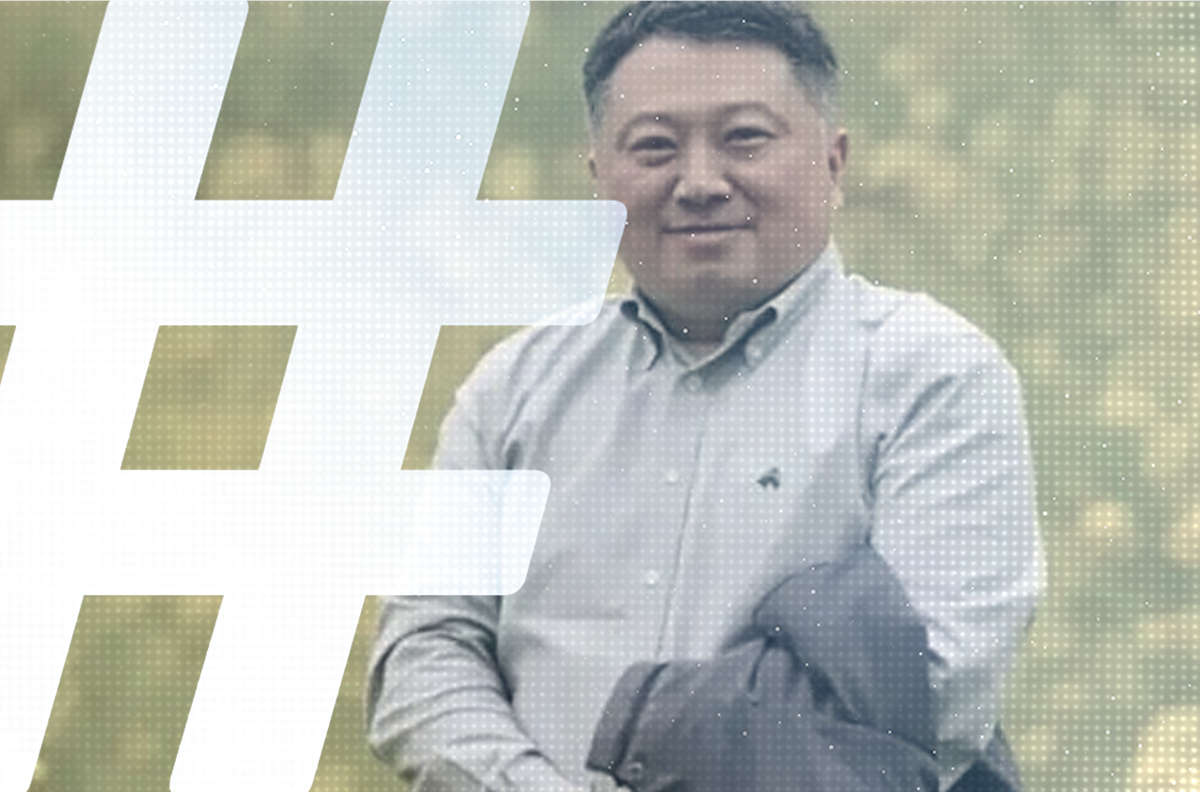In the West it is understood as a matter of course that journalists must not offer cash or other inducements to secure story interviews [Example: LA Times ethics code/SEE “Access”]. In the wilder world of Chinese journalism, however, the lines are not always so clear, and one obstacle facing journalists in recent years has been public figures and academics demanding payment before granting interviews. Summaries of some of the most relevant cases on this issue follow plus a list of arguments pro and con:
The Li Yinhe Case – In March 2006 Guangzhou Daily said one of its reporters was asked to pay an “interview fee” after requesting to meet with Li Yinhe, a researcher from The Chinese Academy of Social Sciences. According to the newspaper, Li’s rate was 500 yuan per hour (US$60/hr), with no charge for interviews under 15 minutes. The reporter interviewed Li for just over an hour and was asked to pay 500 yuan. Li Yinhe later explained publicly that she began charging in order to discourage a flood of interviews making demands on her time. She said interviews, which require time and energy, should not be granted free of charge. Li cited the British Broadcasting Corporation (BBC) as an example of media who pay for interviews. In fact, the BBC’s code of ethics explicitly states the network must, “Disclose any direct or indirect payment made for interviews” and may not “pay people who act as information sources.” [Guangzhou Daily coverage of Li’s response available here].[More Chinese coverage here].
The Sun Daolin Case – According to a February 2005 news report by Yangcheng Evening News, when reporters approached film director Sun Daolin about a story on his experiences as a filmmaker and his thoughts on contemporary film, Sun asked to be compensated. The director argued that his speech amounted to a sharing of intellectual property. However, after Yangcheng reporters asked to know what Sun’s going rate was, the director said he could not determine this himself and stressed that he was not motivated by personal profit, the newspaper reported. [Yangcheng Evening News report available here].
The China Foreign Affairs University Case – According to a June 2005 report by Beijing Times, academics from China Foreign Affairs University agreed among themselves to demand “interview fees” from media at a minimum rate of 200 yuan per hour (US$25/hr). Their reasoning, according to the newspaper, was that as the interviews addressed the academics’ personal research achievements. The university reportedly responded by saying it had no right to interfere in the academics’ decisions concerning their personal rights and behavior. [Beijing Times report available here].
Arguments against “interview fees”:
A June 2005 editorial in China Youth Daily argued that officials and celebrities have a duty to uphold openness of information. By receiving payment for interviews, they may do harm to their credibility, the editorial said. It added that such exchanges of money are harmful to freedom of expression. [Chinese here].
In July 2005, the Global Times spoke with media organizations from South Korea, the United States, Germany and India and said it had found that payment for interviews fell outside journalism’s accepted norms. The newspaper said it had also found that the majority of media believed such behavior compromised the objectivity of reporting and damaged the credibility of experts, as well as serving as a harmful example to society. [Chinese article here].
Also in 2005, professor Zhan Jiang of China Youth University for Political Sciences argued that interview is a two-way process, allowing media to benefit from the expertise of a source and offering the interviewee an opportunity to build their reputation. Academics and officials, he said, should not request payment because in this capacity they serve a “public function”. If someone believes an interview will compromise their research achievements, they should refuse the interview rather than asking to be paid. [Chinese coverage here].
Arguments supporting “interview fees”:
In March 2005, Legal Daily published an editorial by Professor Sun Guorui, the Deputy Director of School of Law, Beihang University, arguing it was reasonable for media to pay for interviews with experts, who spend time and effort to contribute knowledge, experience and information. Sun also dragged the debate into the arena of intellectual property protection. [Chinese coverage here].
An editorial by Xiaoxiang Morning Herald in March 2006 argued that someone who is not a public official should not have a duty to the public’s right to know. If experts are offered the right to refuse interviews, said the editorial, they should also be given the right to request payment. The editorial said it was unreasonable to talk about journalists’ right to information without expecting them to pay for that information. [Chinese coverage here].
In April 2006 Ma Shaohua, an associate professor of journalism at Renmin University, argued in Beijing Youth Daily that the argument that says paying for interviews violates journalistic norms is irrelevant given the fact such norms have not yet taken shape in China. [Chinese coverage here].
[Posted by Brian Chan, April 12, 2006, 9:32pm]




















